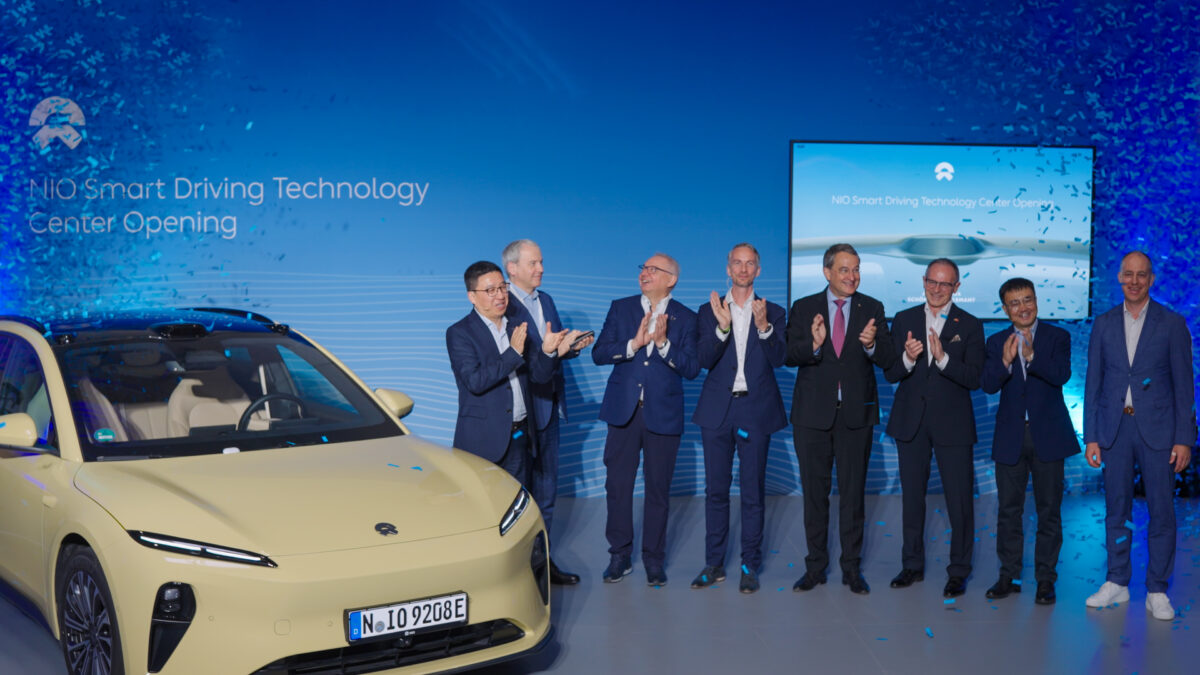 Big Data is a key industry buzzword at the moment, and for good reason. Many companies, IBM included, see massive potential across numerous segments, providing they can harness the data and use it effectively.
Big Data is a key industry buzzword at the moment, and for good reason. Many companies, IBM included, see massive potential across numerous segments, providing they can harness the data and use it effectively.
Karen Newman runs IBM’s automotive and aerospace consulting systems integration and managed service business for the Americas. This unit carries out consulting work for OEMs, suppliers, heavy duty truck companies and aerospace companies, looking at everything from improving finances to optimising the supply chain.
“In the supply chain there are tons of opportunities to leverage Big Data to improve your supply chain. We are helping a couple clients look at their supply chain and the manufacturing processes. They collect tons of data off their manufacturing floor but they don’t really leverage a lot of that data to get predictive and know when equipment is going to fail before it’s going to fail and get out in front of some of those failures,” Newman said.
Beyond manufacturing, Big Data is also fuelling the rise in connected cars, a segment in which IBM is also heavily involved. It has worked with NXP Semiconductors and the Dutch city of Eindhoven on a smarter traffic pilot project. This trial involved wireless relay of vehicle performance indicators from about 200 vehicles to a data centre. The data was then used to predict road condition trends.
Last year, IBM announced a deal with German supplier Continental to develop connected and automated driving technology. The partners aim to develop a highly scalable cloud platform that will enable automotive manufacturers to deliver a range of new mobile in-car services and allow software updates and vehicle control device functionality to be delivered over the Internet.
“Continental was looking for a partner that could help them in the connected space: the customer who wants a seamless lifestyle, from the cell phone outside the vehicle, to inside the vehicle, to wanting OEMs to know more about them personally as an individual. We help them understand the demographic of the household, where the individual customer is at. We call it ‘marketing to a customer of one’,” Newman explained.
Newman emphasised in particular IBM’s place in this developing connectivity market. “We’re not really in the telematics business. We don’t do the head unit, we don’t do the connectivity between satellites and head units. What we do is have a great practice and insight around Big Data, and integration of that data into the enterprise, so you can take real action on it, apply analytics to it, create the 360-degree profile of your customers and then leveraging that to market to them in new ways…Continental saw IBM as someone they wanted to partner with going forward.”
Numerous other automotive partnerships are also on the go, though as Newman points out, IBM is often behind the scenes. It is working on behalf of satellite radio specialist SiriusXM on a telematics partnership with Nissan, and has previously worked with the likes of Hughes Telematics, whose products feature in models from Mercedes-Benz, Volkswagen and others. “We have a pretty strong history in this space but we’re not always out in the press,” she explained.
As the industry develops, Newman sees considerable potential in the connectivity sphere: “We’re very interested in connectivity. It’s a really important space to IBM. The mega amounts of data coming out, turning data into predictive analytics to shape your business – these are important trends for us.”
However, challenges remain when it comes to tapping the full potential of Big Data. To begin with, some drivers remain uncomfortable with the idea of sharing personal information that would come from connected cars. Newman admits this area needs to be addressed and it all boils down to the individual’s personal choice: “People are going to chose to opt in or opt out of those things. It’s important for companies to understand that. I think there’s a little fear and uncertainty out there over how that data will get used and what that might mean. Companies have to be really patient and gentle with some of those ideas. I don’t think they’re necessarily bad ideas. You just have to allow the individual to be able to opt in and opt out.”
IBM will be facing these and other challenges as it pursues the potential of Big Data and ensures its own place in the increasingly connected automotive sector.



